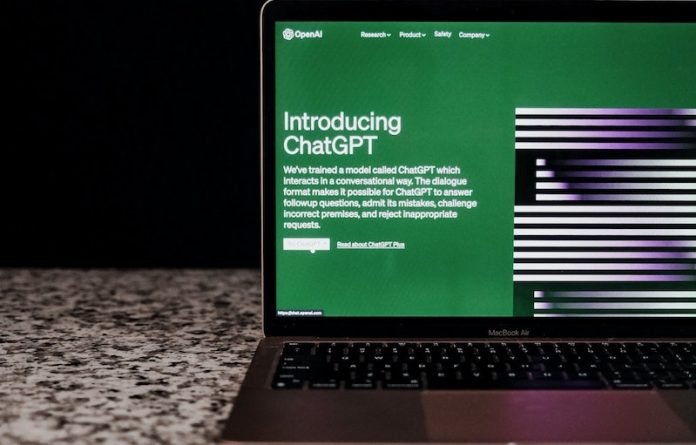
A new study from the University of Utah found that chatbots and artificial intelligence (AI) are increasingly being used as resources for cancer information.
The study examined the reliability and accuracy of ChatGPT’s cancer information by comparing it to the common myths and misconceptions about cancer listed by the National Cancer Institute (NCI).
ChatGPT is a large language model developed by OpenAI, based on the GPT-3 architecture.
It is an artificial intelligence (AI) language model designed to understand and generate human-like text.
It has been trained on a vast amount of data to perform various natural language processing tasks, such as language translation, text summarization, question-answering, and more.
ChatGPT is particularly well-suited for conversation, and it can understand and respond to a wide variety of topics in a human-like way.
In a previous study, researchers found that misinformation was common on social media and had the potential to harm cancer patients.
The current study was conducted by blinded reviewers who didn’t know whether the answers came from ChatGPT or the NCI.
Researchers found that 97% of the answers given by ChatGPT were accurate, but with some important caveats.
Although the answers were accurate, reviewers found that ChatGPT’s language was indirect, vague, and unclear in some cases.
The researchers were concerned that some of ChatGPT’s answers could be interpreted incorrectly, potentially leading to bad decisions by cancer patients.
As a result, they recommended caution when advising patients on using chatbots for cancer information.
The team acknowledged the challenges that cancer patients and caregivers face in accessing accurate information and stressed the importance of studying online information sources to help patients navigate the often murky waters of cancer information online.
This is especially important since incorrect information can be harmful to cancer patients.
Therefore, it is crucial to evaluate how often patients use chatbots to seek out cancer information, what questions they are asking, and whether AI chatbots provide accurate answers to uncommon or unusual questions about cancer.
Overall, while chatbots and AI are promising resources for cancer information, the study highlights the need for caution and further research to ensure that cancer patients receive accurate and reliable information.
Where to get reliable cancer information
There are various ways to get cancer information, including:
Medical professionals: The most reliable source of cancer information is from medical professionals, such as doctors, nurses, and other healthcare providers. They can provide accurate and up-to-date information on cancer diagnosis, treatment, and prevention.
Cancer organizations: There are many reputable cancer organizations, such as the American Cancer Society, that provide cancer information, resources, and support services to patients and their families.
Government websites: National and international health organizations, such as the National Cancer Institute and the World Health Organization, offer extensive information on cancer, including research, treatment options, and statistics.
Online resources: The internet can be a valuable source of information on cancer, but it is important to be cautious and verify the information. Look for reputable websites that provide accurate and up-to-date information on cancer.
Support groups: Cancer support groups can provide valuable information, resources, and emotional support to cancer patients and their families.
It is important to note that while the internet can be a helpful resource for cancer information, it is essential to be cautious and verify the information with medical professionals or reputable sources.
If you care about cancer, please read studies that Yale research shows causes of most major cancers, and vitamin D supplements could strongly reduce cancer death.
For more information about health, please see recent studies about how drinking milk affects the risks of heart disease and cancer and results showing why cancer is especially dangerous to people with diabetes.
The study was conducted by Skyler Johnson et al and published in the Journal of The National Cancer Institute Cancer Spectrum.
Copyright © 2023 Knowridge Science Report. All rights reserved.



